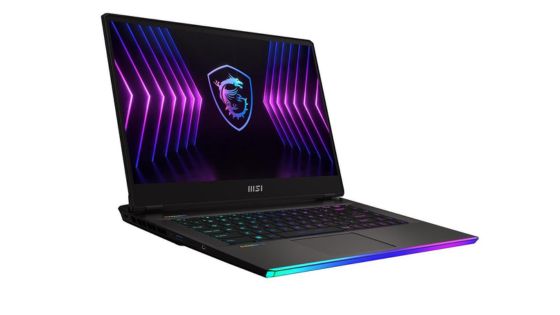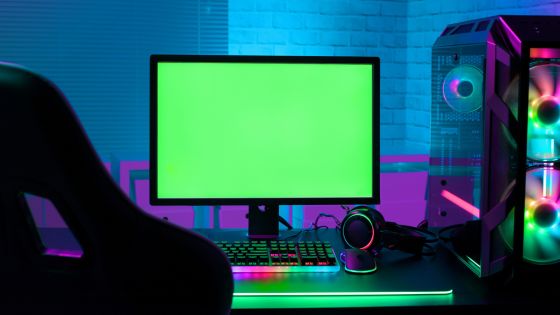Are Gaming Laptops Any Good for Game Developers?

Game development is a demanding task that requires powerful hardware to run software, projects, and complex algorithms efficiently. Many game developers wonder whether gaming laptops are suitable for their needs or if they should look for alternative options. This article will explore whether gaming laptops are any good for game developers, including their advantages, disadvantages, and things to consider when purchasing.
What are Gaming Laptops?
Gaming laptops are personal computers specially designed to handle high-end graphics, sound, and processing power. Their components are selected to meet the demands of popular games, offering high framerates and smooth gaming experiences. However, gaming laptops are not limited to gaming and can be used for other tasks that require similarly demanding performance, such as game development.
What are Game Developers?
Game developers are professionals responsible for creating and producing video games. They work with various teams, including artists, designers, programmers, and project managers. Game developers require powerful hardware to run game engines, software development kits, and other tools required in creating video games.
Pros and cons of gaming laptops for game developers
Advantages:
– High performance: Gaming laptops are designed to handle demanding games, which means they can adequately run game development software and applications like Unity or Unreal Engine.
– Portability: Gaming laptops are compact, lightweight, and easy to move, making them ideal for game developers who need to move between workstations frequently.
– Strong graphics: High-end gaming laptops integrate powerful graphics processing units (GPUs) capable of rendering high-quality graphics and complex visual effects.
Disadvantages:
– Expensive: Gaming laptops are costly, often pricier than desktop computers with similar specifications.
– Limited upgrade capability: Unlike desktop computers, gaming laptops have limited upgradability due to their compact size and slim design that cannot accommodate larger components.
– Limited battery life: High-performance GPUs and CPUs drain the laptop’s battery faster, reducing its battery life.
What to consider when choosing a gaming laptop for game development?
– Performance specifications: Look for a laptop with a powerful CPU, a dedicated GPU, and a minimum of 16GB RAM.
– Display and colour accuracy: Game developers require a laptop with excellent display resolution and a high-performance monitor that accurately displays colours.
– Durability: Game developers need a laptop that can withstand long hours of use and extensive travel, so look for a sturdy build quality and materials like aluminium.
– Battery life: Game development requires laptop devices that can run for longer hours. Check for laptops with batteries that can last at least 4-5 hours or preferably more.
Alternative options to gaming laptops for game developers
While gaming laptops offer several advantages, they are not the only option for game developers. Other alternatives include desktop computers and traditional laptops. A desktop computer offers more upgradability for hardware components, and its larger size can accommodate larger and better-performing hardware. Traditional laptops are lightweight, offer better battery life, and come at more affordable prices.
Conclusion
In conclusion, gaming laptops can be a viable option for game developers based on their need for portability, high performance, and strong graphics power. However, game developers should also consider the laptop’s price, upgradability, battery life, and durability when purchasing. Other alternatives, such as desktop computers or traditional laptops, can also suit requirements for game development. Therefore, game developers need to weigh the pros and cons of each option before deciding what setup works best for them and their budget.







